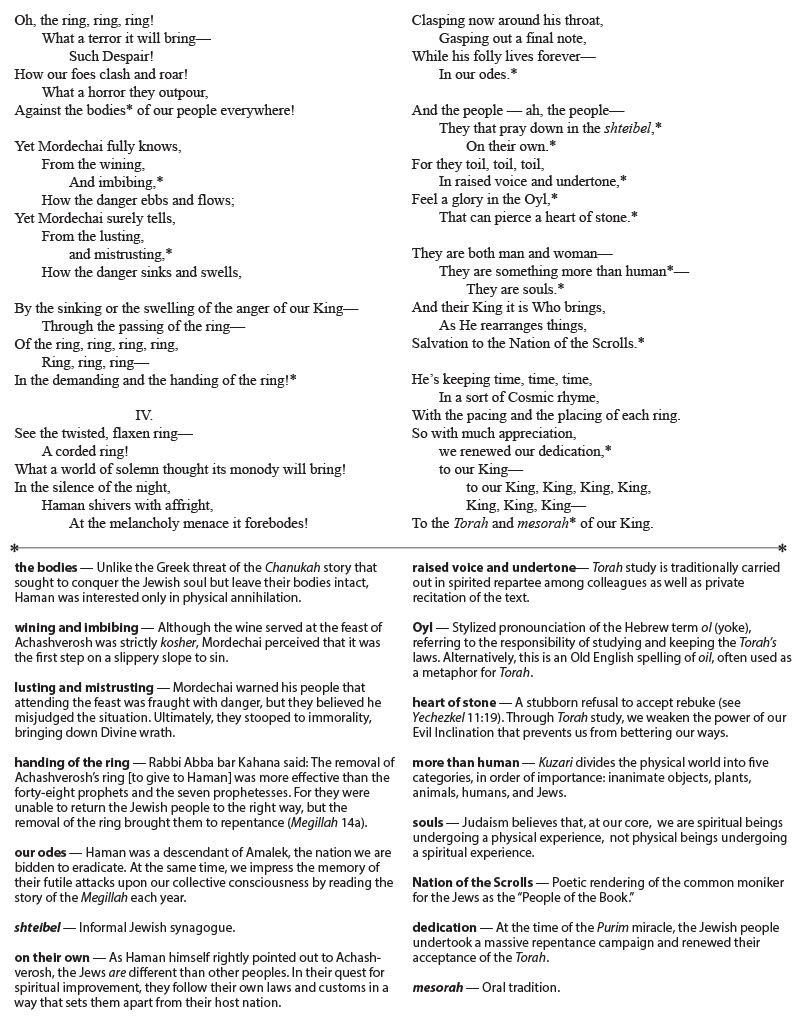My Shabbos Beneath Hamas Snipers
My six-hour guarding shift at our base near the gates of Gaza was almost over, following a four-hour emergency standby. Just then, shortly before sundown on Friday afternoon, I got the call from my company commander. “They need someone to help tonight in Gaza. The convoy leaves in 10 minutes. Can you go?”
I had already showered and put on my clean uniform in honor of Shabbos. I was thinking through the Torah idea I planned to share in the base shul that night. But the army was sending crews every evening to install sophisticated security systems on the guard towers of forward outposts inside Gaza. These outposts, which can accommodate up to 100 soldiers, include tents, fortified positions, and mobile command centers. Because the roofs of the outposts are exposed to Hamas sniper fire from less than half a mile away, they only work under cover of darkness. Every night’s delay in getting the security sensors up there means another day our soldiers’ lives are endangered. So, I grabbed my helmet, borrowed a bulletproof vest, and ran to the mission commander’s warehouse to help load the truck. The commander, a weathered lieutenant colonel who’d been doing this since before I was born, looked me over, pointed to a large box, and barked: “Are you strong enough to lift this?”









